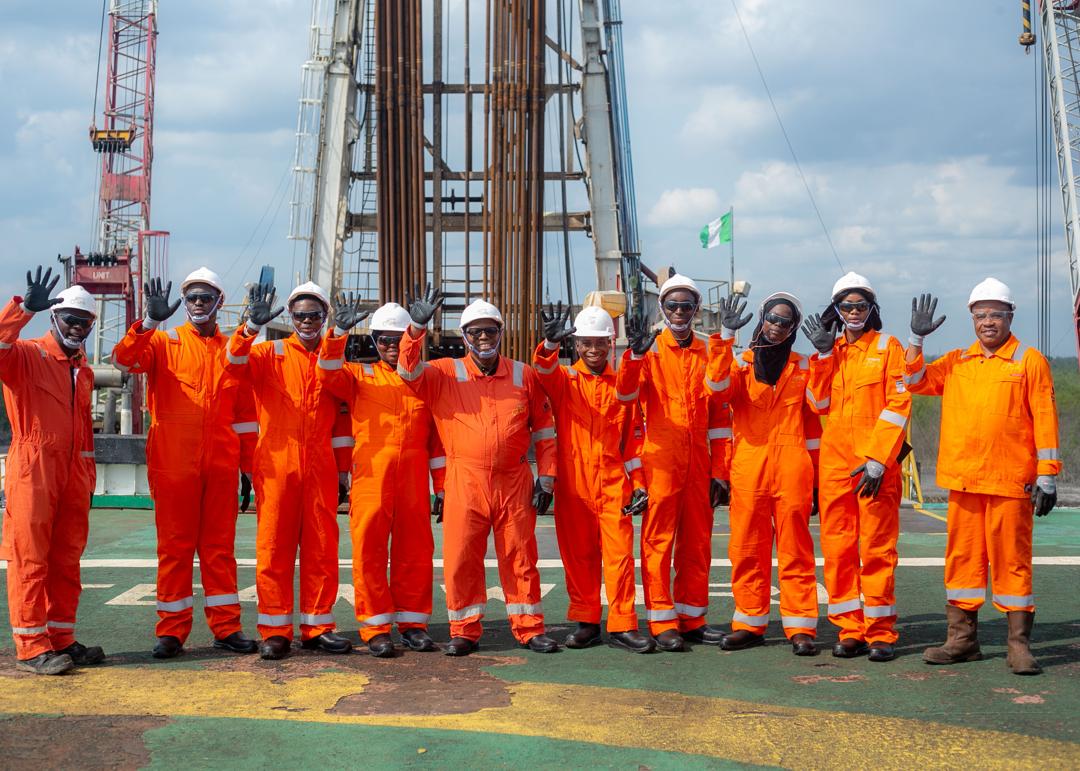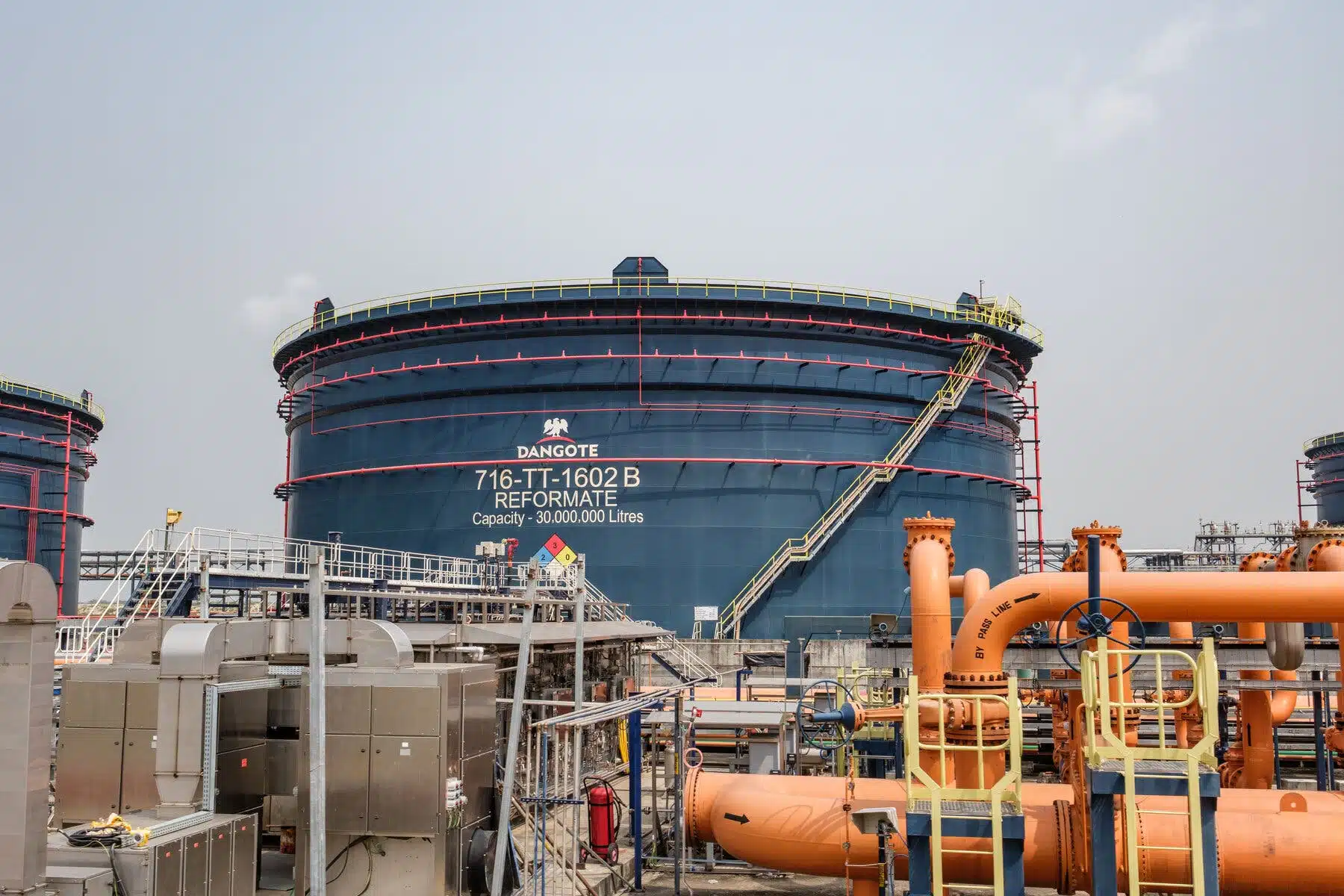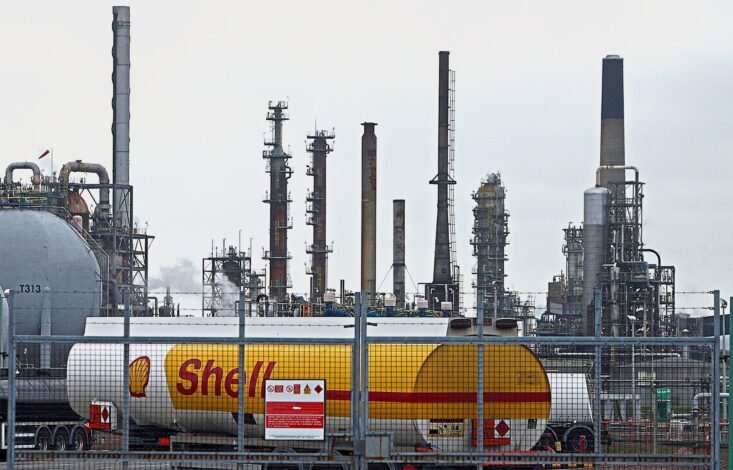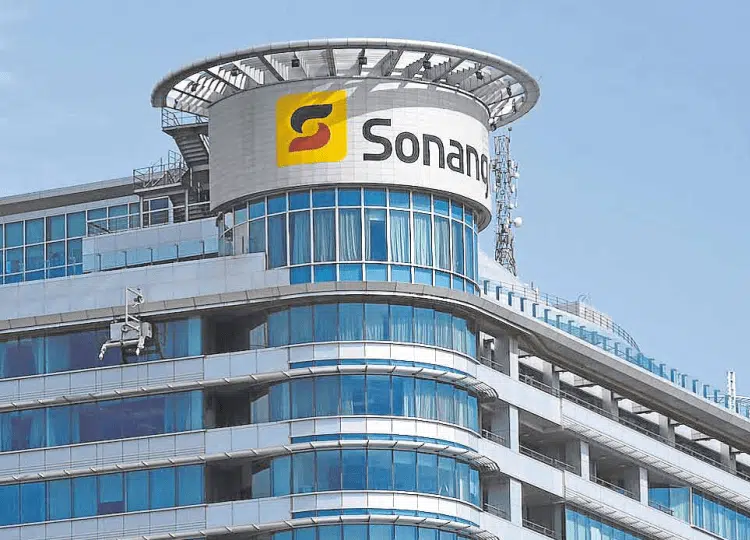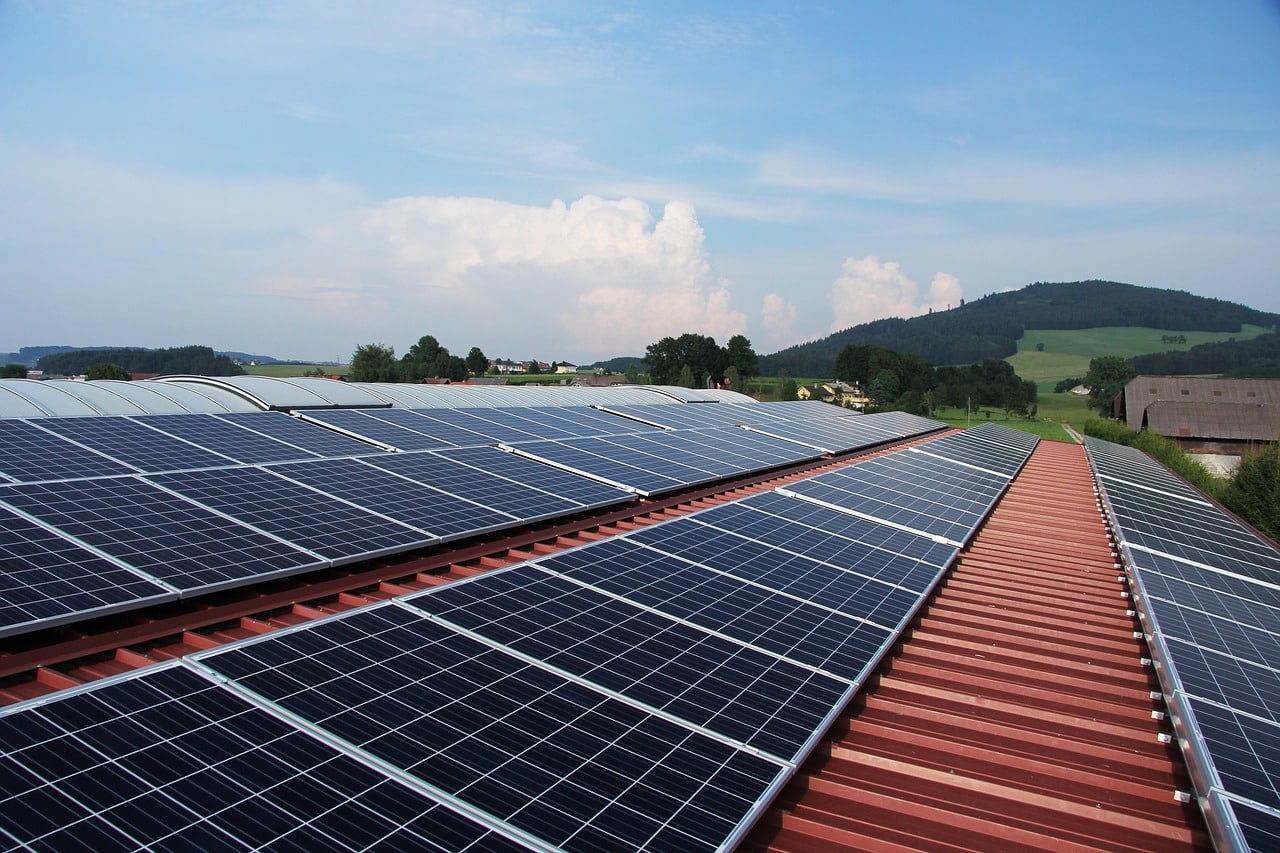Nigeria has launched a major initiative to train over 10,000 young graduates and technicians in top oil and gas skills, aiming to bridge critical workforce gaps and prepare the next generation for emerging energy projects.
The Nigerian Content Development and Monitoring Board (NCDMB) unveiled the Oil and Gas Field Readiness Training Program on Friday, targeting participants under 35 with qualifications in engineering, geosciences, and computer science.
The program will focus on ten high-demand career paths, including subsea engineering, underwater welding, automation, geoscience, and digital technologies such as AI and cloud computing.
NCDMB’s Executive Secretary, Felix Omatsola Ogbe, said the initiative was prompted by a surge in multi-billion-dollar investments in Nigeria’s oil and gas sector, including Shell’s $2 billion HI field gas project and TotalEnergies’ $550 million UBETA Gas Project.
These developments, he noted, stem from presidential directives and revised contracting guidelines aimed at revitalizing the industry.
Details of the training programme
The training programme is designed to close skill gaps identified through expatriate quota reviews and consultations with key industry bodies such as PETAN, OPTS, and PCTS.
It will span two to three years and include classroom instruction, lab practicals, certifications, and a minimum of six months of on-the-job training with service companies.
Engr. Bamidele Abayomi, NCDMB’s Director of Capacity Building, confirmed that trainees will receive monthly stipends, medicals, insurance, and personal protective equipment.
Upon completion, qualified participants will be listed in the Board’s skills database for potential employment with operating and service companies.
Registration is open via the NOGIC JQS portal, with applicants allowed to select up to three preferred skills.
The planned Training Program aligns with Section 10(1b) of the Nigerian Oil and Gas Industry Content Development Act, which mandates prioritizing Nigerians for training and employment in industry projects.
It potentially could address concerns around the shortage of manpower in Nigeria’s petroleum sector.
Adegbite Falade, Chief Executive Officer of Aradel Holdings Plc, a leading indigenous oil and gas company, recently raised concerns about a looming talent gap in Nigeria’s oil and gas sector.
He noted that the industry lacks a sufficient pipeline of skilled professionals to succeed its ageing workforce, warning that senior executives may find it difficult to retire unless a more effective system is established to recruit and develop qualified successors for key positions.
How local content has fared in Nigeria
Local content development has become a key part of Nigeria’s strategy to maximize the benefits of its oil and gas resources.
Through deliberate policies and legislation, the country has significantly increased indigenous participation across the energy value chain, with local players like Renaissance Africa Energy Limited and Seplat Energy Plc leading the way.
The Nigerian Oil and Gas Industry Content Development (NOGICD) Act of 2010 marked a turning point in the country’s approach to local content.
The Act, which has already helped grow local content in the sector from less than 5% to over 54% over the years, ensures that Nigerians are given first consideration in employment and training.
It also mandates operators to submit Nigerian Content Plans detailing how they will involve local personnel, services, and materials in their projects.
This has transformed the sector from one dominated by foreign interests to a more inclusive and locally driven industry.
In a renewed push to bolster local participation, Shell has pledged to enhance Nigerian content in its oil and gas operations by executing more than 90% of its contract value through indigenous companies.

